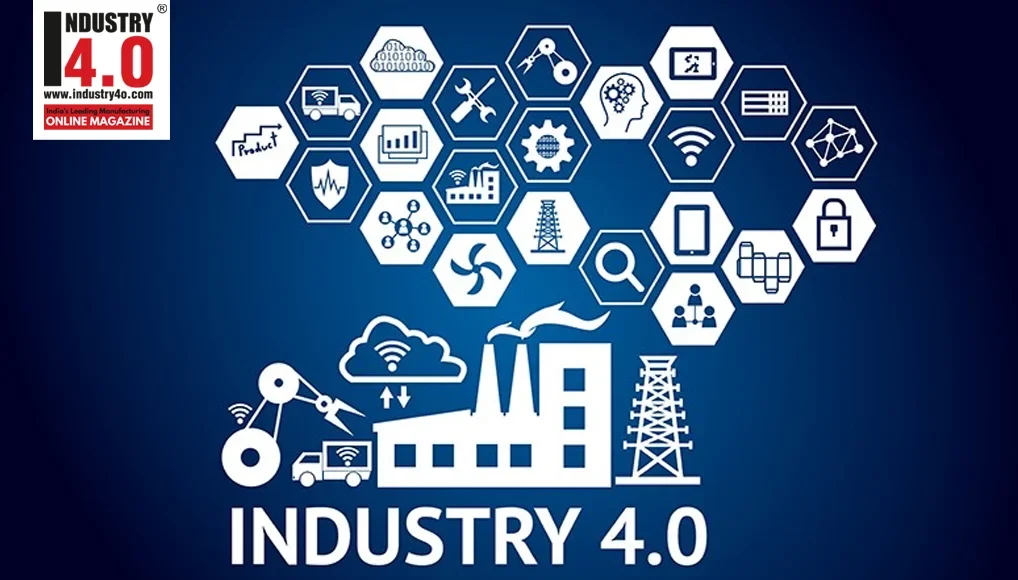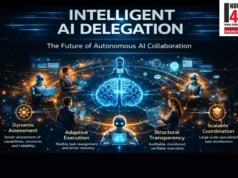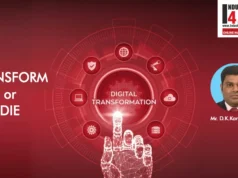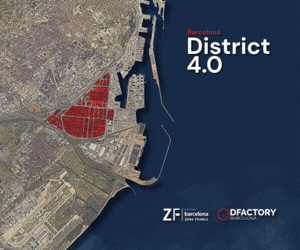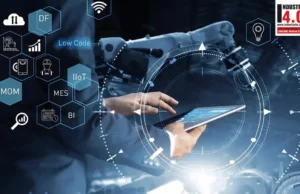Industry 4.0 is around us. Our LinkedIn feeds are consistently buzzing with innovations from Industries, in the areas of process Improvement, Disruptive ideas, and automation. Data-driven approaches are gaining traction to solve real-time problems, to avoid glitches in management.
Concepts like cloud computing, data analytics, and Internet of Things are seeing the light of day in large scale manufacturing companies, to reduce the operation costs, thereby improving the efficiency of workflows. Surprisingly, a marginal section of smaller companies has started investing in next-generation concepts to stay awake in a competitive business environment.
But, a larger part of people still have this question in their mind,” Will Industry 4.0 concepts stay relevant in upcoming years? ”.The answer is a simple yes! There are many developments to support this “yes”. Out of which, we will discuss three main developments of Industrial 4.0 to support this factual answer.
Rise of Cobots
Cobots are nothing but collaborative robots, which can work with humans to lessen the complexity in shopfloor. It is marked as a revolutionary product in the Industrial world since it enhances productivity to an unimaginable magnitude.
There is an interesting case study report of Shruti Industries (pune) by Universal Robot. The company is having the manpower of just 10 employees, manufacturing automotive components to OEM’s. Post the implementation of UR10 cobots in their machine shop, their production scaled up by 75%.
Augmented Reality/Virtual Reality (AR/VR)
Industries are struggling to fix the skill gaps in assembly lines, breakdown maintenance and onsite fabrication works. Be it gas turbines, packaging machines or even micro-scale industries, the current millennial generation workers need more assistance in skill developments, regarding complex manufacturing processes.
To fix those skill gaps, AR/VR tools are seen as a saviour to the manufacturing companies. Companies like Daqri is the best example in Augmented Reality solution. Remote mentoring, streamlined data collection and increased safety
awareness are the key takeaways from Augmented reality, as Daqri claims with their smart glasses.
Internet of Things
According to a PwC report, the majority of US manufacturing companies has deployed IoT devices to collect, analyse and make rational decisions, based on the collected data.
To plug the “loopholes” in performance of machinery, processes, logistics and even end products, Internet of Things is considered for the betterment of all these parameters.
Machine to machine communications, cyber-physical systems, and intelligent manufacturing are some of the IoT methods to safeguard the Industry from potential damage and bottlenecks involved in everyday manufacturing processes.
Conclusion
Cobots, Augmented Reality and Internet of Things are just a tip of iceberg, discussed here to get a glimpse of Industry 4.0. From the practical case studies and testimonials from Industries, we can predict a renaissance of change is going to happen in the upcoming Industrial scenario.
There are certain drawbacks linked to these new-age technologies, like higher initial fixed cost, data-related issues, lack of experts in new technologies and even safeguarding Intellectual property. But Overtime, it can be calibrated to an error-free environment we believe.
Given the enormous advantages, Industry 4.0 concepts are going to rule the world with its rational approach to the existing problems in the Industrial circle as well as client satisfaction.
About the Author

Mr. M. Vignesh is an B.E (Mech) & PG Cert automotive from Cranfield University, UK.
He is the Founder & Content Strategist of Word By Pen – Coimbatore.


